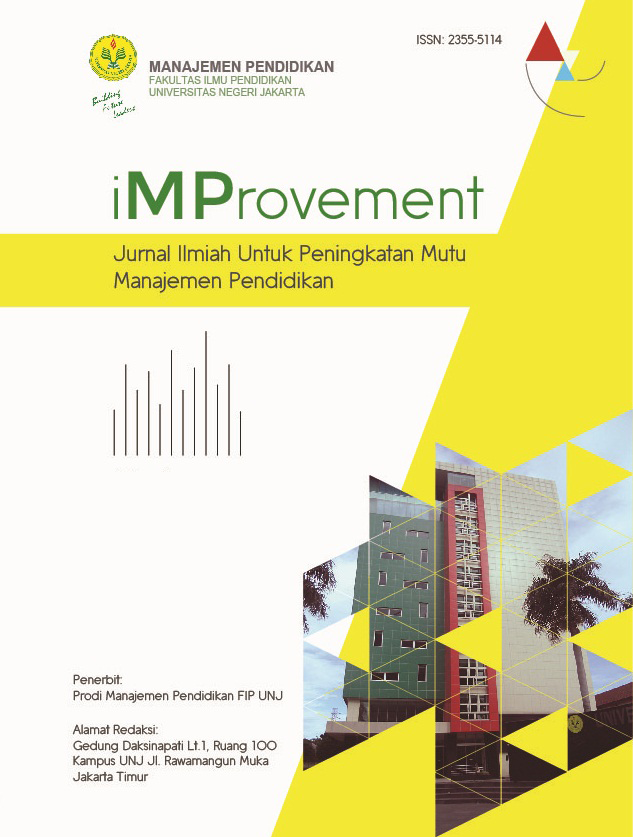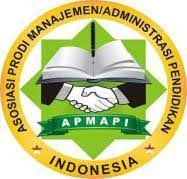Model GI-GI: Student Centred-Based Active Learning System Uses Scientific Approach in order to Realize the Four SDGs
DOI:
https://doi.org/10.21009/improvement.v9i2.31354Keywords:
GI-GI model, education, sustainable development goalsAbstract
One of the goals of the Sustainable Development Goals is quality education and to achieve quality education, of course, it starts with a good and quality learning system. One of the problems that have always arisen in the learning process is about learning models or specifically about teaching methods, one of which is that the learning process is dominated by conventional learning models or learning methods as the mainstay method. This learning method is considered less effective in improving students' ability to think critically and creatively. In this article, we will discuss one of the learning models that are considered to have an important role in improving the quality of education in Indonesia, namely the GI-GI learning model, a combination of the Group Investigation and Guided Inquiry learning models. This model is considered to be more effectively applied to students because it is able to create students who can think critically and creatively so that they can create good quality education and help realize the four goals of the SDGs, namely Quality Education.
Downloads
Published
How to Cite
Issue
Section
License
Copyright (c) 2022 Ade Putra

This work is licensed under a Creative Commons Attribution-NonCommercial-ShareAlike 4.0 International License.
Authors who publish with this Journal agree to the following terms:
- Author retain copyright and grant the journal right of first publication with the work simultaneously licensed under a creative commons attribution licensethat allow others to share the work within an acknowledgement of the work’s authorship and initial publication of this journal.
- Authors are able to enter into separate, additional contractual arrangementfor the non-exclusive distribution of the journal’s published version of the work (e.g. acknowledgement of its initial publication in this journal).
- Authors are permitted and encouraged to post their work online(e.g. in institutional repositories or on their websites) prior to and during the submission process, as it can lead to productive exchanges, as well as earlier and greater citation of published works.
-
Users/public use of this website will be licensed to CC BY-NC-SA (Attribution & Non-Commercial-ShareAlike)



